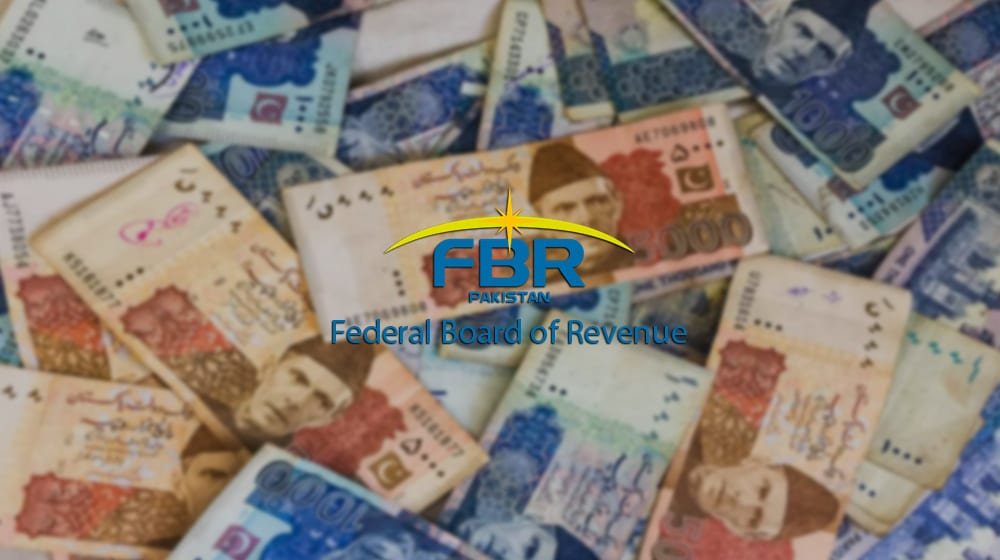A significant amendment has been proposed in the Finance Bill 2025, permitting individuals classified as ineligible to withdraw up to Rs. 100 million annually from the banking system. This change comes after the original bill aimed to impose strict financial transaction limits on those who do not file income tax returns or lack sufficient declared resources.
Following a review by the National Assembly’s Standing Committee on Finance, the bill has undergone substantial revisions. While the revised provision is still pending final approval from the National Assembly, it has sparked considerable public and expert debate.
A notable aspect of the amendment is the introduction of Section 114C to the Income Tax Ordinance, 2001, which clearly defines eligible and ineligible persons. An eligible individual is defined as someone who has filed a tax return for the previous year and disclosed adequate assets in their financial statements. Those who do not meet these criteria are deemed ineligible and were originally set to be barred from significant financial activities, including large cash withdrawals, property purchases, and investments in securities.
The proposed amendment introduces a crucial exception: ineligible individuals would now be allowed to withdraw up to Rs. 100 million in cash annually from all their bank accounts. This marks a notable departure from the government’s previous firm stance on enhancing financial transparency and combating tax evasion.
Under the revised proposal, the Rs. 100 million limit will apply cumulatively to all bank accounts held by an individual. If approved, this provision would enable previously restricted cash withdrawals for ineligible individuals, allowing them to access significant funds annually.










